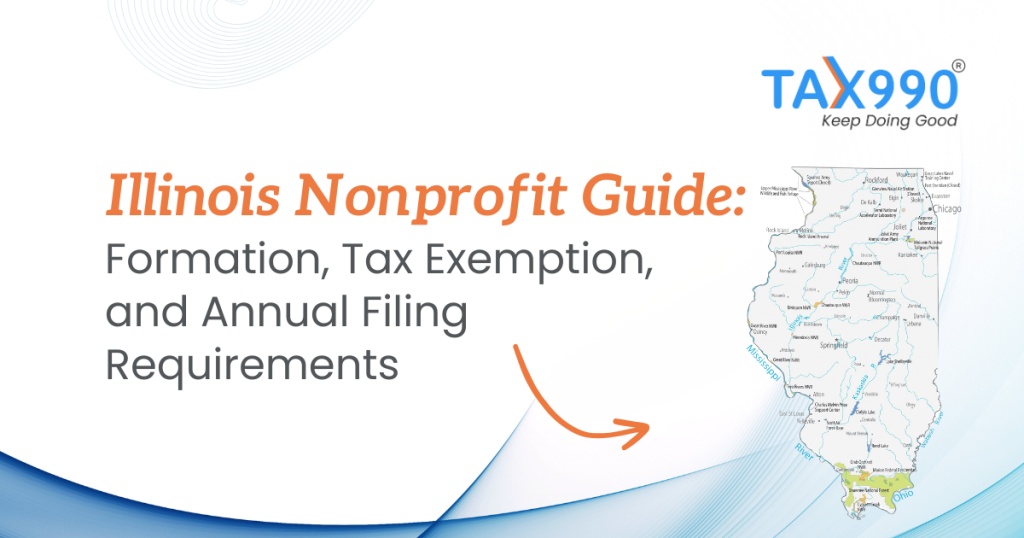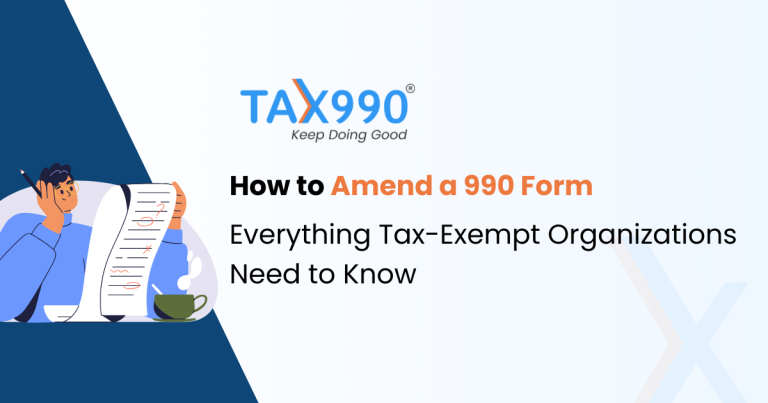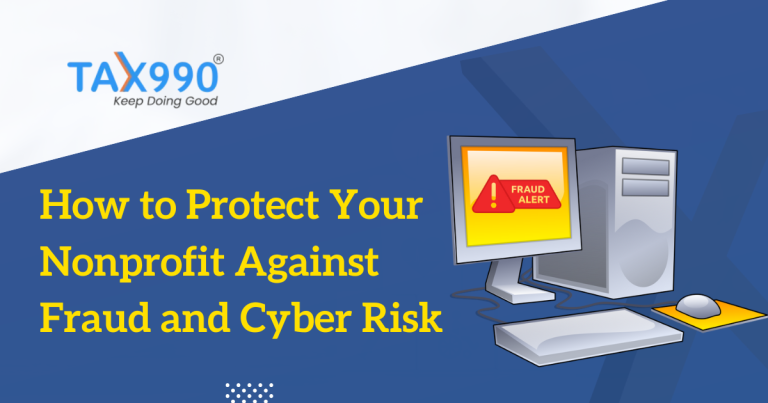Estimated reading time: 17 minute(s)

Nonprofit compliance is not one-size-fits-all. While federal tax exemption under Section 501(c)(3) is a major milestone, each state has its own unique set of requirements for registering and operating a nonprofit. From incorporation procedures to charitable solicitation rules and annual reporting obligations, state-level compliance plays an equally critical role in establishing and maintaining your organization’s legal standing.
In this blog series, we’re taking a closer look at what it takes to start and sustain a nonprofit in each state, beginning with Illinois.
Known for its structured regulatory process and robust charitable sector, Illinois provides a clear but detailed pathway for nonprofit formation and compliance. Whether you’re laying the groundwork for a new mission-driven organization or keeping an existing one in good standing, this guide walks you through every key requirement, from registration and tax exemption to ongoing state and federal filings.
Forming a Nonprofit in Illinois: Step-by-Step Process
Establishing a nonprofit in Illinois involves several key steps at both the state and federal levels. From incorporating your organization to securing tax-exempt status, here’s what you need to know.
1. Register your nonprofit organization with the state
To officially start your nonprofit in Illinois, you must first register it with the Illinois Secretary of State. This step involves filing the Articles of Incorporation (Form NFP 102.10) with the Business Services Division. This legal document outlines essential information about your organization, such as its name, purpose, registered agent, and board structure.
Once you’ve registered with the Secretary of State, the next step is to register with the Illinois Attorney General’s Charitable Trust Bureau. This registration is required before your organization can solicit donations or conduct any charitable fundraising activities in the state. You’ll need to file the Charitable Organization Registration Statement (Form CO-1) to comply with this requirement.
2. Obtain an Employer Identification Number (EIN)
After registering your nonprofit with the state of Illinois, you’ll need to obtain an Employer Identification Number (EIN) from the IRS. This is essentially your organization’s federal tax identification number. It’s used for opening bank accounts, hiring employees, and filing taxes. You can apply for an EIN online through the IRS website or submit Form SS-4 (Application for Employer Identification Number) by mail or fax.
3. Apply for federal and state tax exemption
With your nonprofit legally established, the next step is to apply for tax-exempt status. This ensures that your organization is exempt from federal and state income taxes, and it makes your donors eligible to receive tax deductions for their contributions.
To obtain federal tax exemption, you’ll need to file a request with the IRS under Section 501(c)(3) of the Internal Revenue Code. Most organizations use Form 1023 (Application for Recognition of Exemption Under Section 501(c)(3) of the Internal Revenue Code) or the streamlined Form 1023-EZ ( Streamlined Application for Recognition of Exemption Under Section 501(c)(3) of the Internal Revenue Code )if eligible.
Once your organization receives federal tax-exempt status, it is automatically exempt from Illinois income tax. You do not need to file a separate exemption request with the state.
Annual Tax Filing Requirements for Illinois Nonprofits
After starting your nonprofit, it is essential to stay compliant. You must file annual taxes at both the federal and state levels. These filings are necessary for maintaining your tax-exempt status and ensuring compliance with the IRS and Illinois authorities.
Federal tax filing requirement
Each year, you must file one of the IRS 990 series forms to maintain your nonprofit’s federal tax-exempt status. The form you file depends on your organization’s size and revenue.
- Required Forms: Form 990, 990-EZ, 990-PF, or 990-N (e-Postcard)
- Due Date: 15th day of the 5th month after your fiscal year ends
You can streamline this process by using Tax990, a reliable solution that accurately and securely simplifies Form 990 filing.
Illinois state tax filing requirement
To maintain good legal standing in Illinois, your nonprofit is required to file annual reports with two separate state offices. These filings ensure the state has up-to-date information about your organization and that you’re complying with regulations related to charitable activities.
- Annual Report with the Illinois Secretary of State
Nonprofits are required to file the NFP Annual Report annually to maintain their active status with the Illinois Secretary of State.
Form: NFP Annual Report (Form NFP 105.10)
Due Date: By the first day of the anniversary month of incorporation - Annual Filing with the Illinois Attorney General’s Office
Nonprofits that solicit contributions must also file with the Charitable Trust Bureau.
Form: Annual Financial Report (Form AG990-IL)
Due Date: Within 6 months after the fiscal year ends
Additional Requirements:
– Attach a copy of IRS Form 990/990-EZ or 990-N (if applicable)
– If the organization has unrelated business income, file Form IL-990-T
– An independent audit is required if your revenue exceeds $300,000
By meeting these federal and state filing requirements each year, your nonprofit remains compliant.
The Bottom Line
Forming and maintaining a nonprofit in Illinois requires careful attention to both federal and state-level requirements. From your initial registration with the Secretary of State to annual filings with the Attorney General and IRS, each step builds the legal and financial foundation of your organization. Staying on top of these obligations helps protect your tax-exempt status, sustain donor trust, and keep your mission moving forward.
As you’ve seen, state-specific requirements can be just as significant as federal ones, and they vary widely across the country. That’s why we’re diving into each state individually in this blog series. Up next: we’ll explore what it takes to start and operate a compliant nonprofit in Florida, including registration steps, tax exemption details, and ongoing reporting obligations.
Stay tuned as we continue uncovering the nonprofit landscape, one state at a time.




Leave a Comment